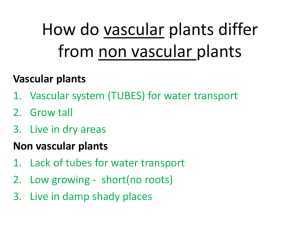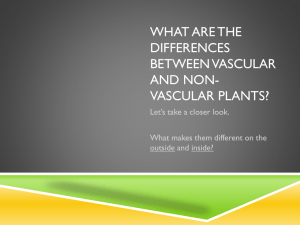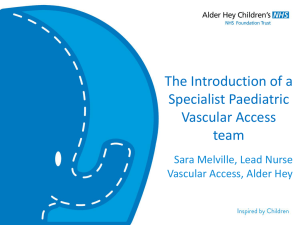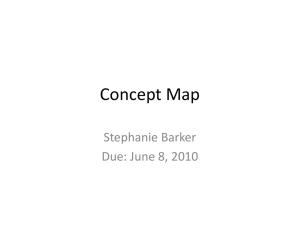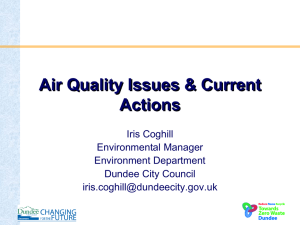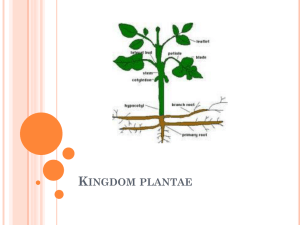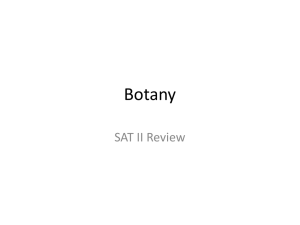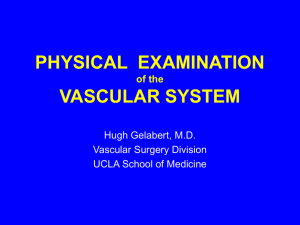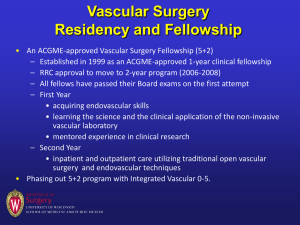Slide 1
advertisement
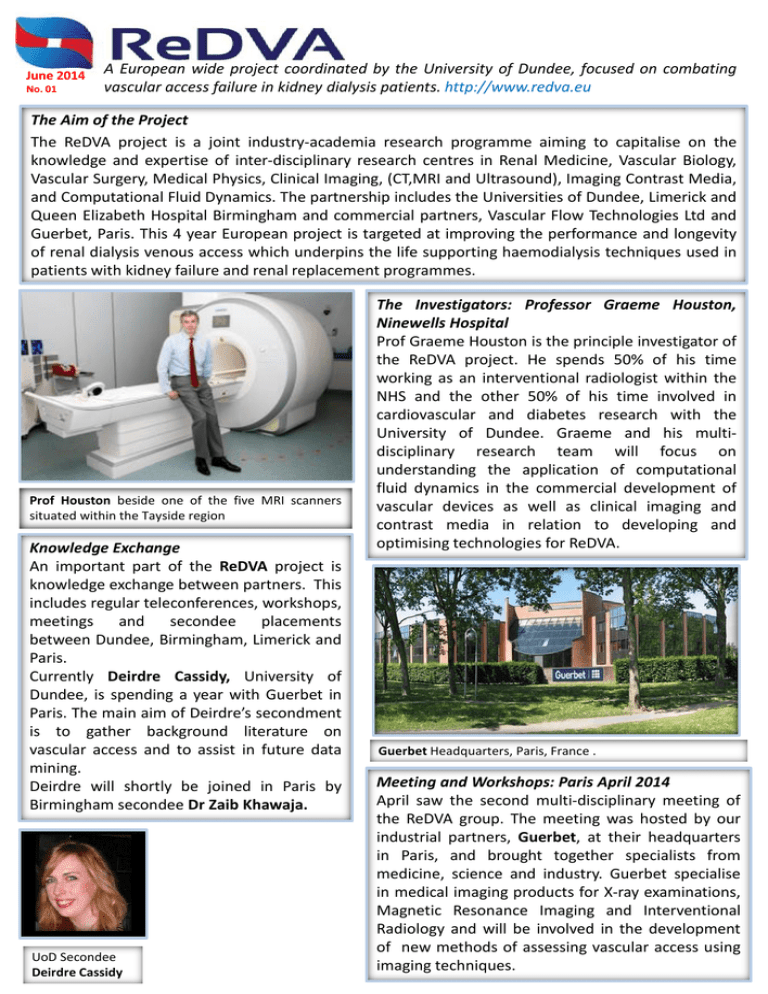
June 2014 No. 01 A European wide project coordinated by the University of Dundee, focused on combating vascular access failure in kidney dialysis patients. http://www.redva.eu The Aim of the Project The ReDVA project is a joint industry-academia research programme aiming to capitalise on the knowledge and expertise of inter-disciplinary research centres in Renal Medicine, Vascular Biology, Vascular Surgery, Medical Physics, Clinical Imaging, (CT,MRI and Ultrasound), Imaging Contrast Media, and Computational Fluid Dynamics. The partnership includes the Universities of Dundee, Limerick and Queen Elizabeth Hospital Birmingham and commercial partners, Vascular Flow Technologies Ltd and Guerbet, Paris. This 4 year European project is targeted at improving the performance and longevity of renal dialysis venous access which underpins the life supporting haemodialysis techniques used in patients with kidney failure and renal replacement programmes. Prof Houston beside one of the five MRI scanners situated within the Tayside region Knowledge Exchange An important part of the ReDVA project is knowledge exchange between partners. This includes regular teleconferences, workshops, meetings and secondee placements between Dundee, Birmingham, Limerick and Paris. Currently Deirdre Cassidy, University of Dundee, is spending a year with Guerbet in Paris. The main aim of Deirdre’s secondment is to gather background literature on vascular access and to assist in future data mining. Deirdre will shortly be joined in Paris by Birmingham secondee Dr Zaib Khawaja. UoD Secondee Deirdre Cassidy The Investigators: Professor Graeme Houston, Ninewells Hospital Prof Graeme Houston is the principle investigator of the ReDVA project. He spends 50% of his time working as an interventional radiologist within the NHS and the other 50% of his time involved in cardiovascular and diabetes research with the University of Dundee. Graeme and his multidisciplinary research team will focus on understanding the application of computational fluid dynamics in the commercial development of vascular devices as well as clinical imaging and contrast media in relation to developing and optimising technologies for ReDVA. Guerbet Headquarters, Paris, France . Meeting and Workshops: Paris April 2014 April saw the second multi-disciplinary meeting of the ReDVA group. The meeting was hosted by our industrial partners, Guerbet, at their headquarters in Paris, and brought together specialists from medicine, science and industry. Guerbet specialise in medical imaging products for X-ray examinations, Magnetic Resonance Imaging and Interventional Radiology and will be involved in the development of new methods of assessing vascular access using imaging techniques. Patient Questionnaires We hope to distribute questionnaires to all patients in our Birmingham and Dundee renal units by the early autumn. These questionnaires will hopefully provide us with valuable information on individual dialysis sessions and regular dialysis routines. It is believed that the information gathered from these questionnaires will contribute to our understanding of why some patients have real problems with their vascular access sites whilst others do not. Patients can look at the questionnaires before deciding whether or not they want to complete one. Help to fill out the questionnaires will be provided if requested. The more competed questionnaires we receive back, the more we can potentially learn - so we would really appreciate your help with this part of the project. Abstracts The first ReDVA scientific abstracts have been submitted to the American Society of Nephrology who are holding their annual conference in Philadelphia, USA this November. Deirdre Cassidy, with assistance from Zaib Khawaja, submitted an abstract assessing the content and consistency of international clinical practice guidelines in terms of vascular access pre-operative recommendations whilst Shona Matthew & Alexandra Webb submitted two abstracts looking at improving blood flow parameters in central vein catheter dialysis and re-introducing spiral flow in a vascular access graft using a spiral inducing stent. ReDVA Website You can keep up to date with the progress of the ReDVA project through our regular newsletters or through our website www.ReDVA.eu The overall results of our patient questionnaires will be posted on the ReDVA website once we have completed our data analysis. Patient Blog An important part of our website will be patient journeys – good and bad. So if you would like to share your vascular access experiences with the wider renal community, please contact Shona s.z.matthew@dundee.ac.uk who can arrange for your story to be included in our patient blog. Meetings and Workshops: Dundee May 2014 Michael Walsh and David Newport from the University of Limerick recently spent a few days in Dundee familiarising themselves with the clinical side of vascular access planning and procedures. Michael and David also had time to meet up with Prof Peter Stonebridge, a vascular surgeon with NHS Tayside, and Craig Dunlop from our commercial partner, Vascular Flow Technologies. Amongst the topics discussed at the meeting was the project plans for Leonard Browne and Stephen Broderick, post doctoral secondees from the University of Limerick, who are about to begin a year’s secondment with Vascular Flow Technologies here in Dundee. Presentations Stratos Kokkalis will present his computational fluid dynamic work on vascular grafts and spiral flow at the World Congress of Biomechanics in Boston this July. September Newsletter • Focus on our colleagues from Birmingham: o Mr Nick Inston o Dr Zaib Khawaja • Update on the ASN submissions • Eric Lancelot and Jean-Sebastien Raynaud’s (Guerbet) visit to Dundee. • Secondees: Leonard Browne and Stephen Broderick. Some of the ReDVA group at Château de Chantilly near Paris, France: April 2014. This project has received funding from the European Union’s Seventh Framework Programme for research, technological development and demonstration under grant agreement no 324487.
![Booking Form SPaRC ASM 27 March 2014[1].ppt](http://s2.studylib.net/store/data/005467834_1-e4871078a04d228fe869fa8fba421428-300x300.png)
